Ryszard Bugajski
Nascimento : 1943-04-27, Warsaw, Poland
Morte : 2019-06-07
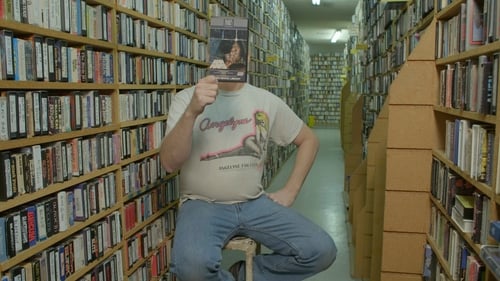
Self
Using testimonies by pioneers and witnesses of the times, delve into the feverish visual culture the media generated – with far-fetched examples of canine television games, seduction manuals, aerobics class while holding a baby, among others.
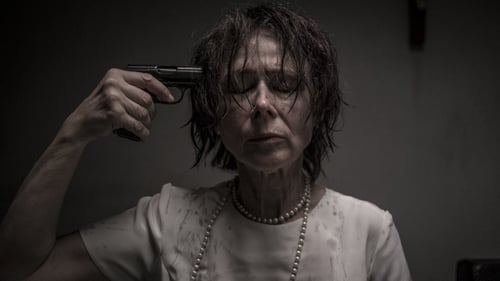
Screenplay
A little known episode from the life of Stalinist security police office Julia Brystiger. Her nickname Bloody Luna was a reference to her incredibly brutal methods of interrogation. In the early 1960s, she appears in a centre for the blind on the outskirts of Warsaw, a place often visited by Cardinal Wyszyński, whose imprisonment in 1953-1956 Brystiger supervised personally. During a difficult and heated discussion with the cardinal, Brystiger denounces the communist ideology and begs for forgiveness for her crimes and for guidance in her search for God.

Producer
A little known episode from the life of Stalinist security police office Julia Brystiger. Her nickname Bloody Luna was a reference to her incredibly brutal methods of interrogation. In the early 1960s, she appears in a centre for the blind on the outskirts of Warsaw, a place often visited by Cardinal Wyszyński, whose imprisonment in 1953-1956 Brystiger supervised personally. During a difficult and heated discussion with the cardinal, Brystiger denounces the communist ideology and begs for forgiveness for her crimes and for guidance in her search for God.

Director
A little known episode from the life of Stalinist security police office Julia Brystiger. Her nickname Bloody Luna was a reference to her incredibly brutal methods of interrogation. In the early 1960s, she appears in a centre for the blind on the outskirts of Warsaw, a place often visited by Cardinal Wyszyński, whose imprisonment in 1953-1956 Brystiger supervised personally. During a difficult and heated discussion with the cardinal, Brystiger denounces the communist ideology and begs for forgiveness for her crimes and for guidance in her search for God.

Director
The film is set in the Tricity in 2003, ten years after the end of communism in Poland. The plot, apparently based on the real-life experiences of Kraków businessmen Lech Jerzorny and Paweł Rey, is about three young, talented businessmen who open a high-tech factory. This comes to the attention of the local state ‘mafia’, the local Prosecutor, played by Janusz Gajos, and tax office boss, played by Kasimierz Kaczor, who are both jealous and would like to make money for themselves. We are in Poland, so success must be punished.

Writer
Generał Nil is a Polish historical film, based on the life of general Emil August Fieldorf, pseudonym "Nil". The film was directed by Ryszard Bugajski and was released in 2009.

Director
Generał Nil is a Polish historical film, based on the life of general Emil August Fieldorf, pseudonym "Nil". The film was directed by Ryszard Bugajski and was released in 2009.
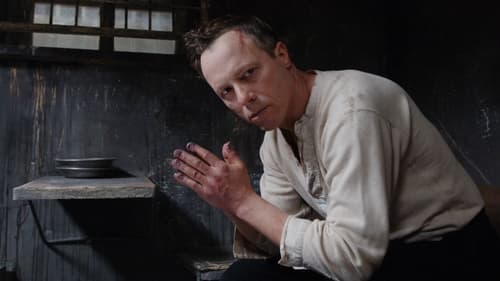
Writer
Captain Witold Pilecki was a Polish intelligence officer during WWII who volunteered for a Polish resistance operation to get imprisoned in the German Nazi Concentration and Extermination Camp Auschwitz-Birkenau in order to gather intelligence and enable the Polish government-in-exile to inform the allies about the ongoing Holocaust in occupied Poland. The film also tells the story of Witold Pilecki’s fate at the hands of the Communist government after the end of WWII. The film is a reconstruction of the trial which took place in Warsaw during the communist regime in Poland. Captain Pilecki described his investigation as more cruel than his stay at Auschwitz.

Director
Captain Witold Pilecki was a Polish intelligence officer during WWII who volunteered for a Polish resistance operation to get imprisoned in the German Nazi Concentration and Extermination Camp Auschwitz-Birkenau in order to gather intelligence and enable the Polish government-in-exile to inform the allies about the ongoing Holocaust in occupied Poland. The film also tells the story of Witold Pilecki’s fate at the hands of the Communist government after the end of WWII. The film is a reconstruction of the trial which took place in Warsaw during the communist regime in Poland. Captain Pilecki described his investigation as more cruel than his stay at Auschwitz.

Writer

Director

Screenplay
Television film from the "Polish Holidays" series was made according to his own script by Ryszard Bugajski, creator of the famous "Interrogation". A tragicomic tale of life, transience and destiny that one cannot escape. The story of three generations - grandfather, father and son are together again, but all three realize that it is not for long. A serious illness does not give up. However, this meeting arranged by the junior on the occasion of Father's Day will teach them a lot, will allow them to learn other values, overcome their barriers, understand the meaning of life, throw out deeply hidden regrets and grievances, strengthen family ties, resolve disputes, clear up past misunderstandings and disputes.

Director
Television film from the "Polish Holidays" series was made according to his own script by Ryszard Bugajski, creator of the famous "Interrogation". A tragicomic tale of life, transience and destiny that one cannot escape. The story of three generations - grandfather, father and son are together again, but all three realize that it is not for long. A serious illness does not give up. However, this meeting arranged by the junior on the occasion of Father's Day will teach them a lot, will allow them to learn other values, overcome their barriers, understand the meaning of life, throw out deeply hidden regrets and grievances, strengthen family ties, resolve disputes, clear up past misunderstandings and disputes.
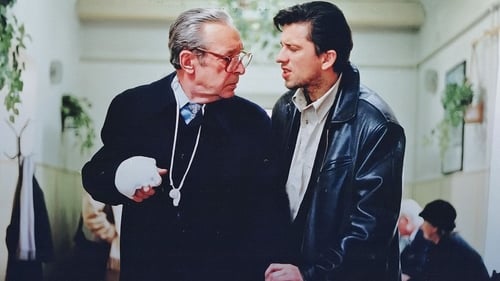
Director
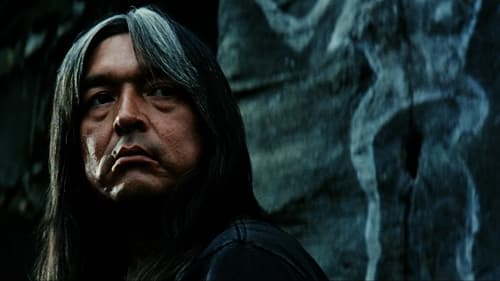
Director
A white lawyer finds his values shaken when he is paired with an angry Indigenous activist who insists on kidnapping the head of a logging company to teach him the price of his destruction.
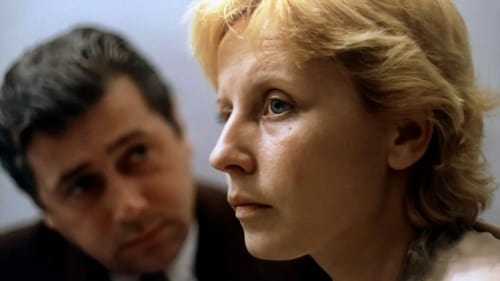
Writer
In Stalinist Poland, cabaret singer Tonia decides to spend the evening drinking with a group of friends. The next morning, she awakes to find that, for reasons unknown to her, she has been jailed as a political prisoner. As prison officials interrogate, torture and humiliate her, she fights for survival and to maintain her innocence by refusing to sign a false confession. As her years of imprisonment pass, her relationship with her captors grows more complicated.

Director
In Stalinist Poland, cabaret singer Tonia decides to spend the evening drinking with a group of friends. The next morning, she awakes to find that, for reasons unknown to her, she has been jailed as a political prisoner. As prison officials interrogate, torture and humiliate her, she fights for survival and to maintain her innocence by refusing to sign a false confession. As her years of imprisonment pass, her relationship with her captors grows more complicated.

Director
A story of a female production manager in a garment factory discovering that an award is being given to the wrong person on purpose. She stands up the injustice. Her best friend backs her up instead of the cultprit, the man she is living with. Later, the former production manager becomes a mayor in a resort town, where she in turn practices malfasance and is caught in the act by her friend.














